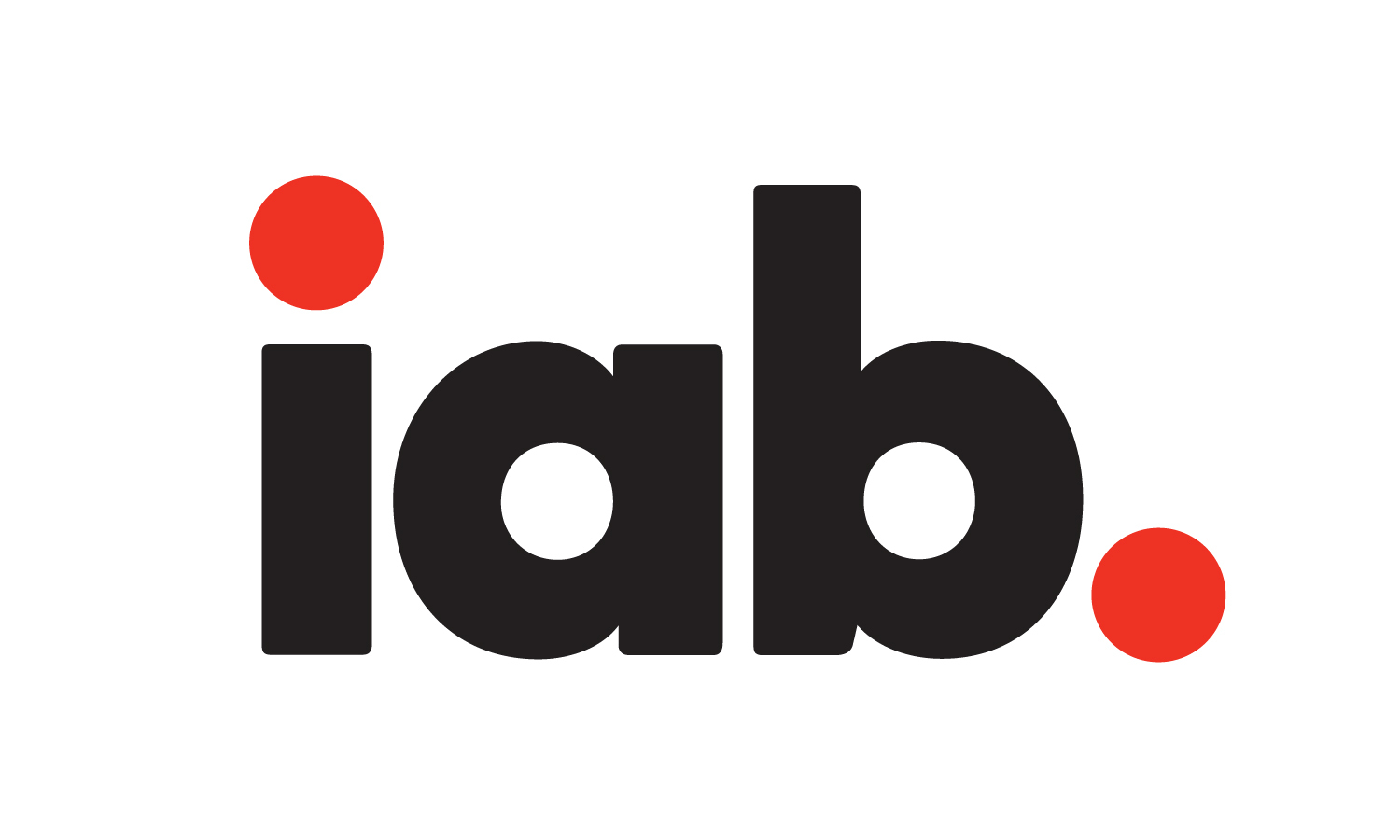FCC launches inquiry on spectrum use for unlicensed devices
The professional video industry's #1 source for news, trends and product and tech information. Sign up below.
You are now subscribed
Your newsletter sign-up was successful
As part of an initiative to better manage America’s spectrum resources, the FCC has asked for public comment on the possibility of permitting unlicensed transmitters to operate in additional frequency bands — including those now used by commercial television broadcasters — at locations and times when the airwaves are not being used.
Such changes, the FCC said, could allow the development of new and innovative types of unlicensed devices, such as cordless telephones, home security systems, electronic toys and wireless consumer networks using the WiFi protocol. “This inquiry examines new and creative ways to utilize the spectrum resource more efficiently by considering new spectral frontiers for unlicensed use,” the FCC said.
One commissioner, however, said he’s concerned that allowing any new unlicensed service to operate in the television bands might cause interference with TV stations’ over-the-air transmissions.
In a Notice of Inquiry approved last week, the FCC is seeking comments on whether unlicensed operations should be permitted in additional frequency bands including TV broadcast spectrum. It also seeks comment on the feasibility of permitting unlicensed devices to operate in other bands, such as the 3650-3700 MHz band, at power levels higher than other unlicensed transmitters with only the minimal technical requirements necessary to prevent interference to licensed services.
The Commission noted that there have been significant advances in technology that may make it feasible to design new types of unlicensed devices that are able to share spectrum in the TV bands without causing interference to licensed services operating in those bands. Advances in computer technology, said the FCC, make it possible to design equipment that could monitor the spectrum to detect frequencies already in use and ensure that transmissions only occur on open frequencies.
“The low cost of GPS equipment could allow a device to determine its location and use information from a database to determine whether there are any licensed operations in its vicinity,” the FCC said. “Equipment can be designed that is frequency agile, with the capability of changing frequency as needed to avoid interference to licensed users.”
The only dissent, and it was partial, came from Commissioner Kevin Martin, who said he has reservations about allowing unlicensed devices to operate in the television bands.
The professional video industry's #1 source for news, trends and product and tech information. Sign up below.
“While I support making more spectrum available for unlicensed use, I am concerned that opening this inquiry into the TV broadcast bands at this time may create additional uncertainty and potentially delay the digital transition,” Martin wrote. “While still trying to build momentum to move broadcast stations from analog into digital, I am hesitant to inject the additional complications caused by significant unlicensed use in the broadcast bands at this time.”
Martin said he fears such devices will create additional interference problems when digital television gets underway. “Interference already threatens to impede the introduction of digital television,” he added. “Although digital television stations have begun operating only in the last twelve months, we have received several reports of interference problems.”
To view statements from individual FCC members on this issue visit: www.fcc.gov.
